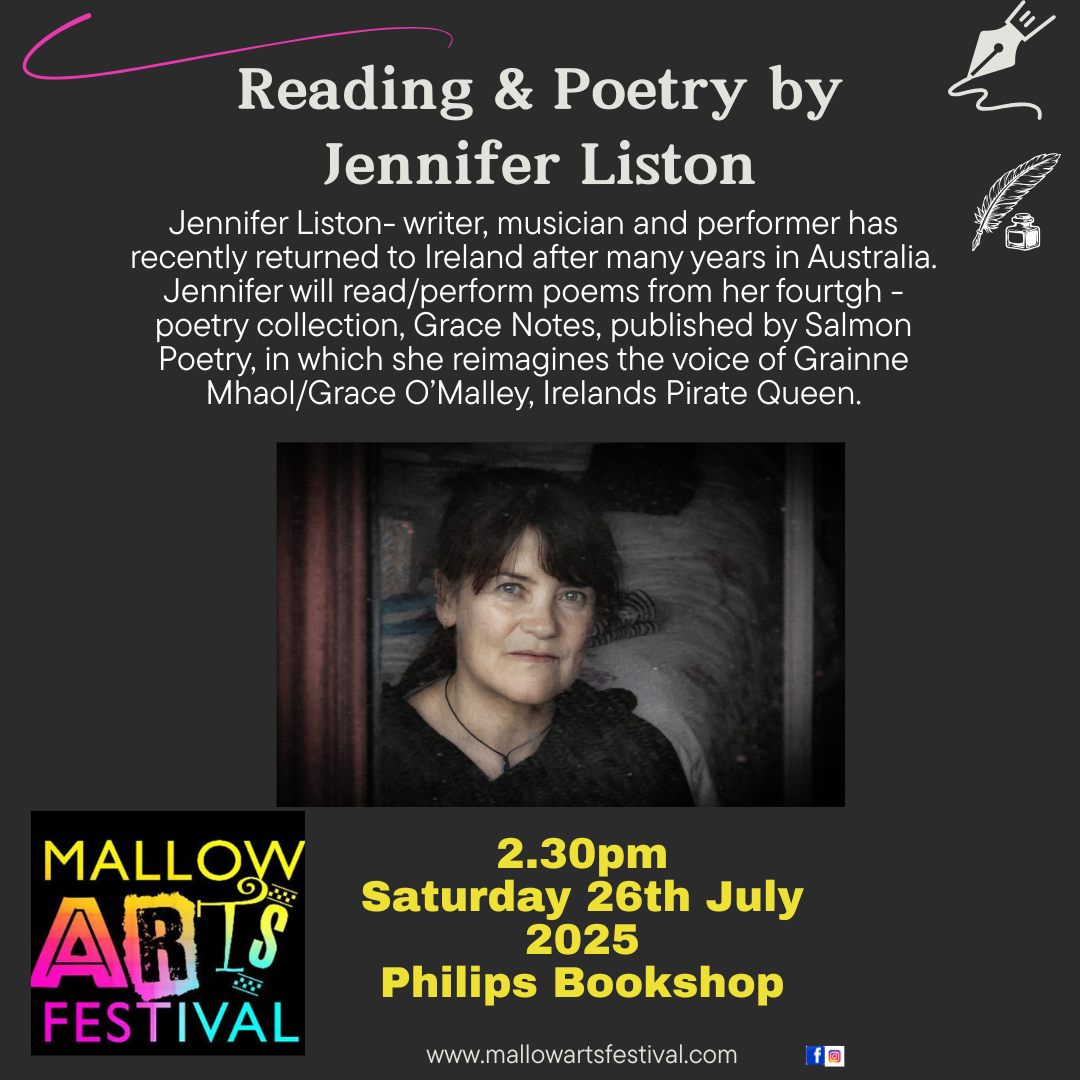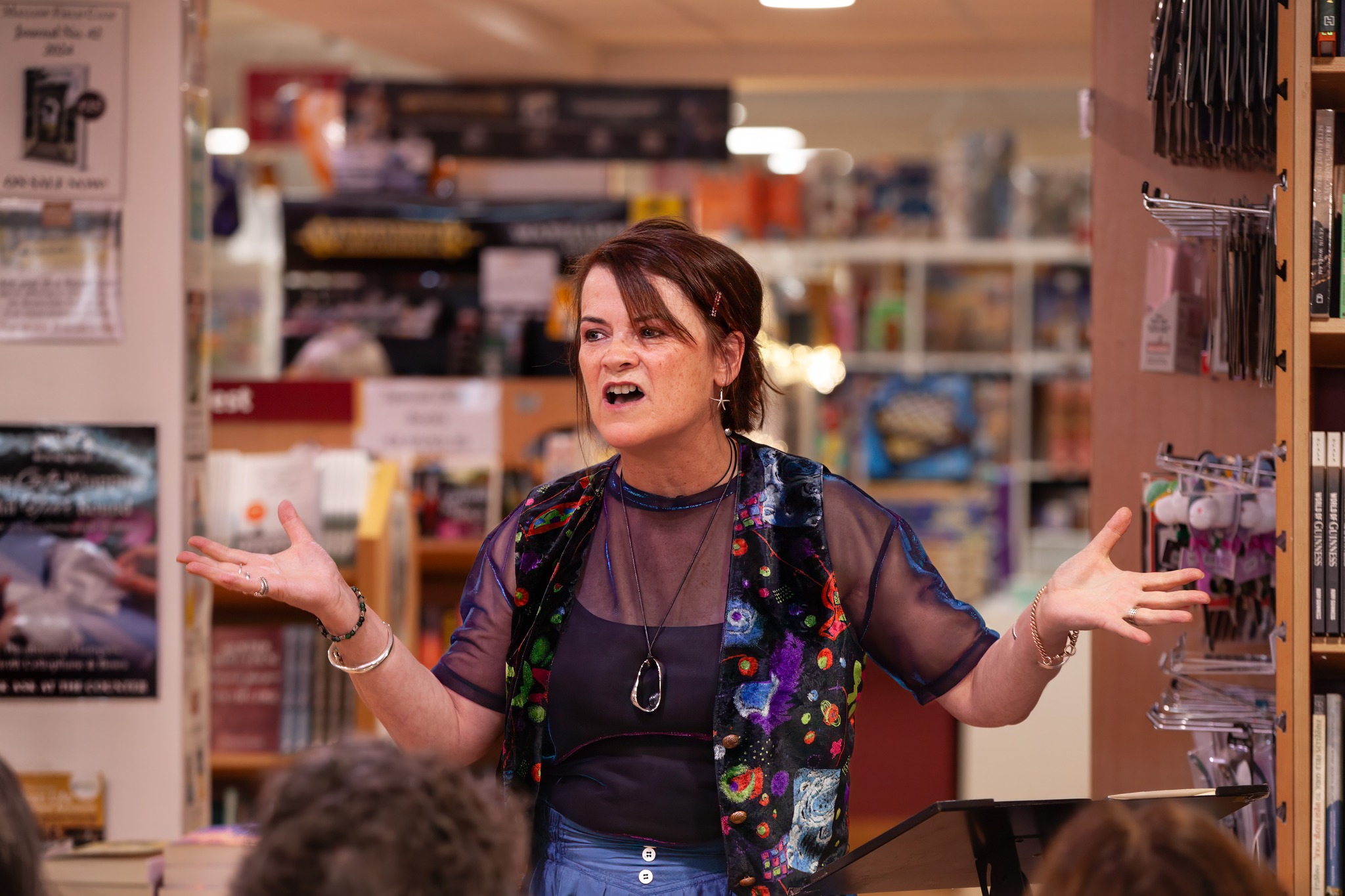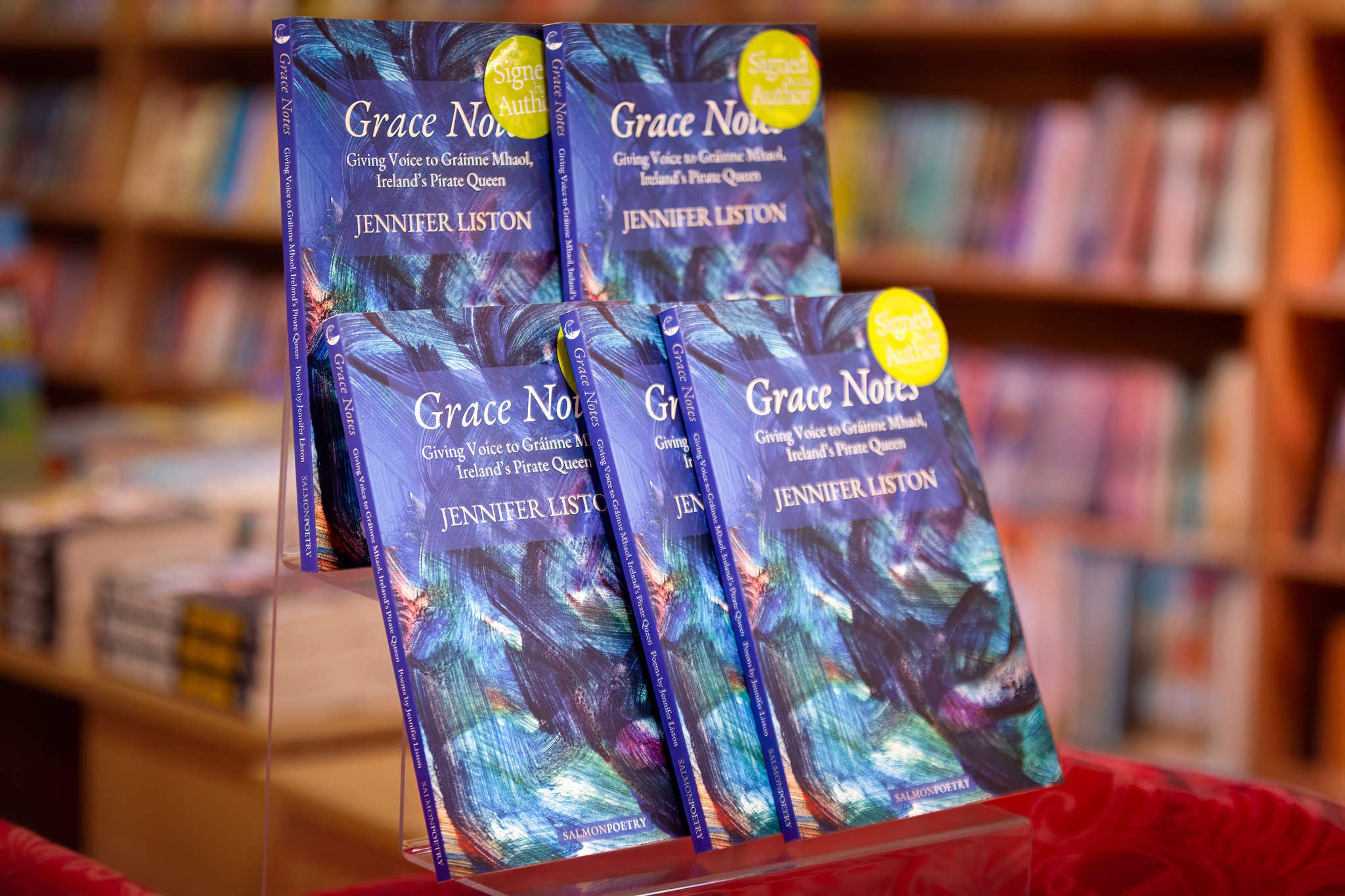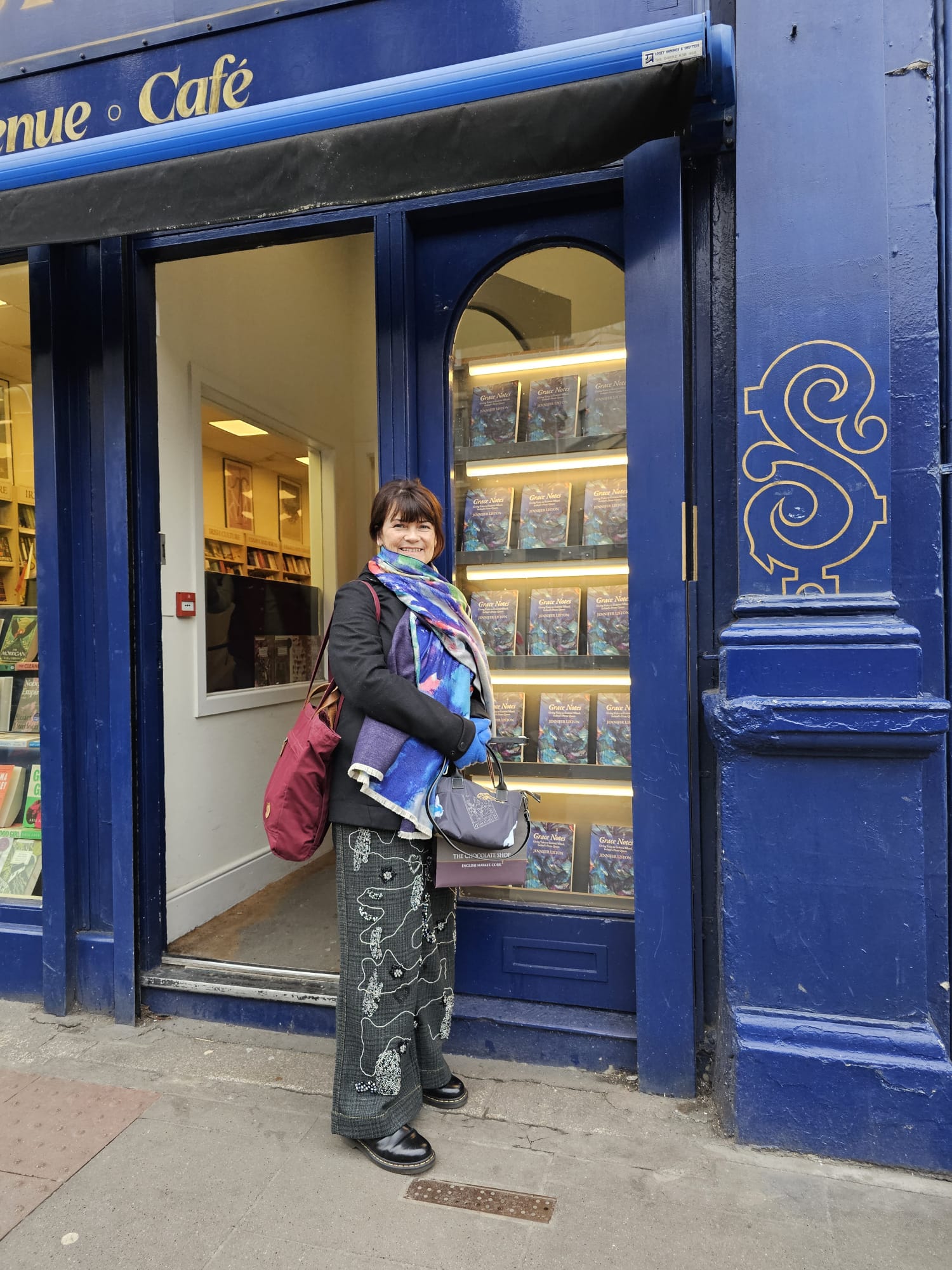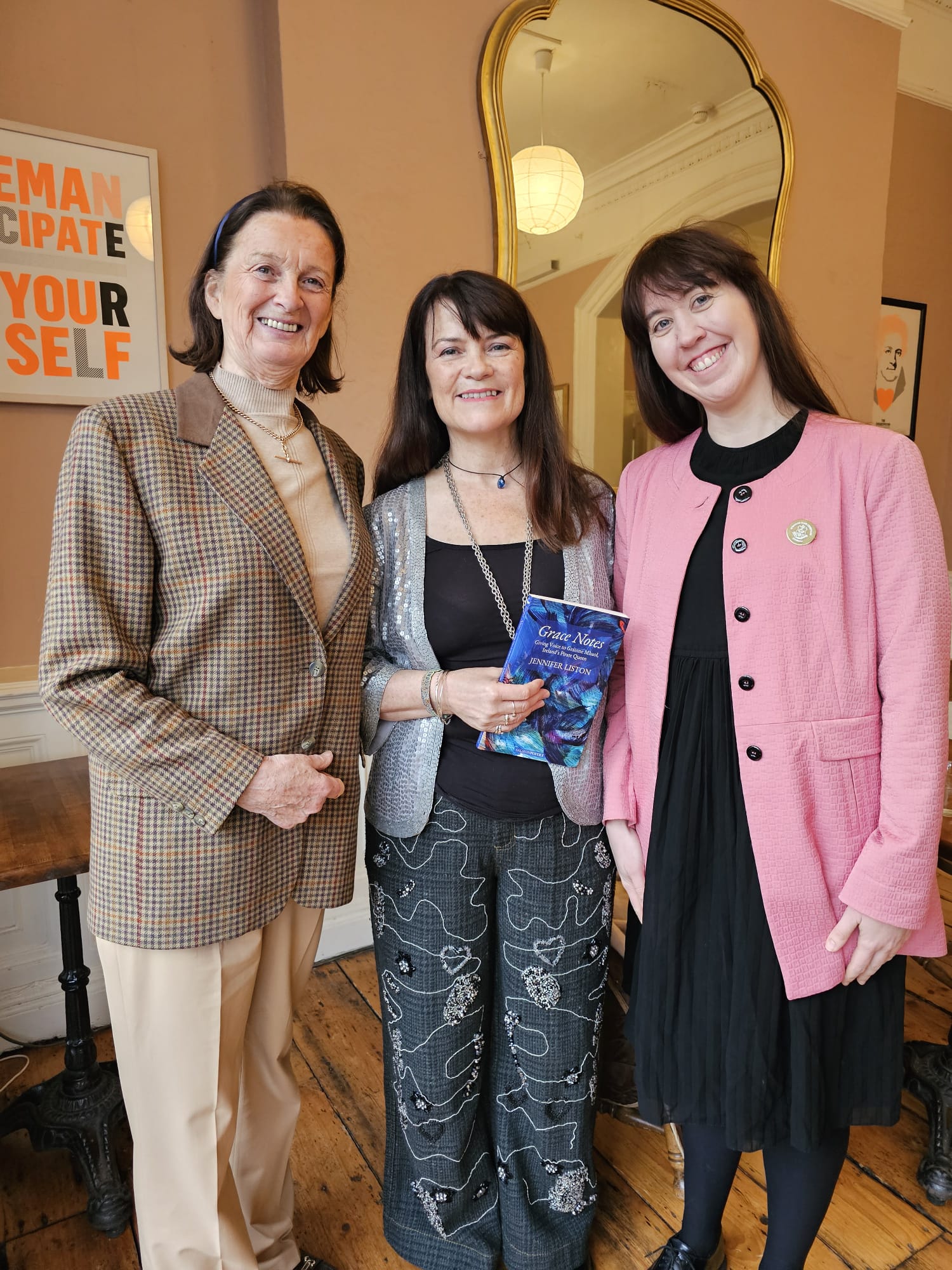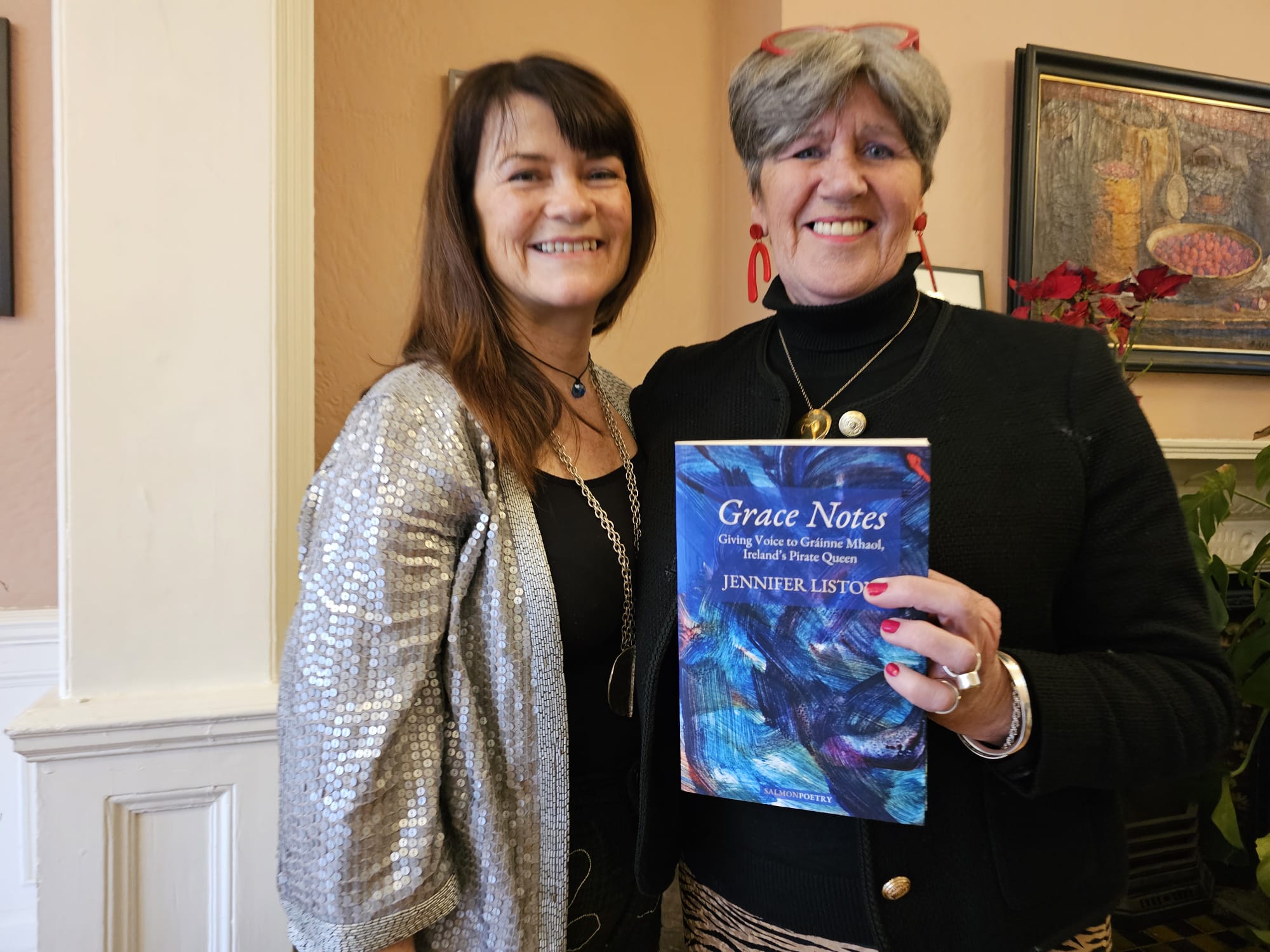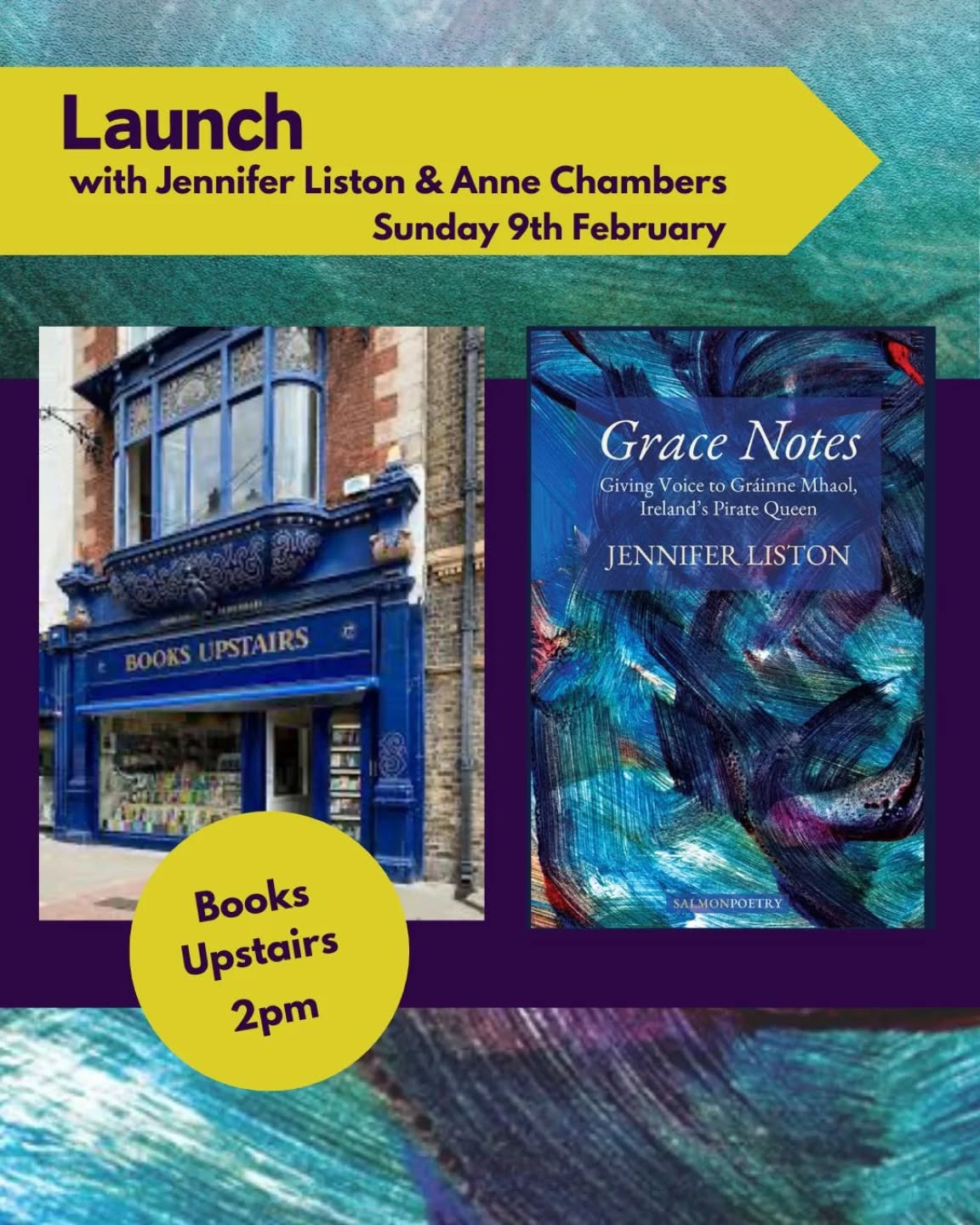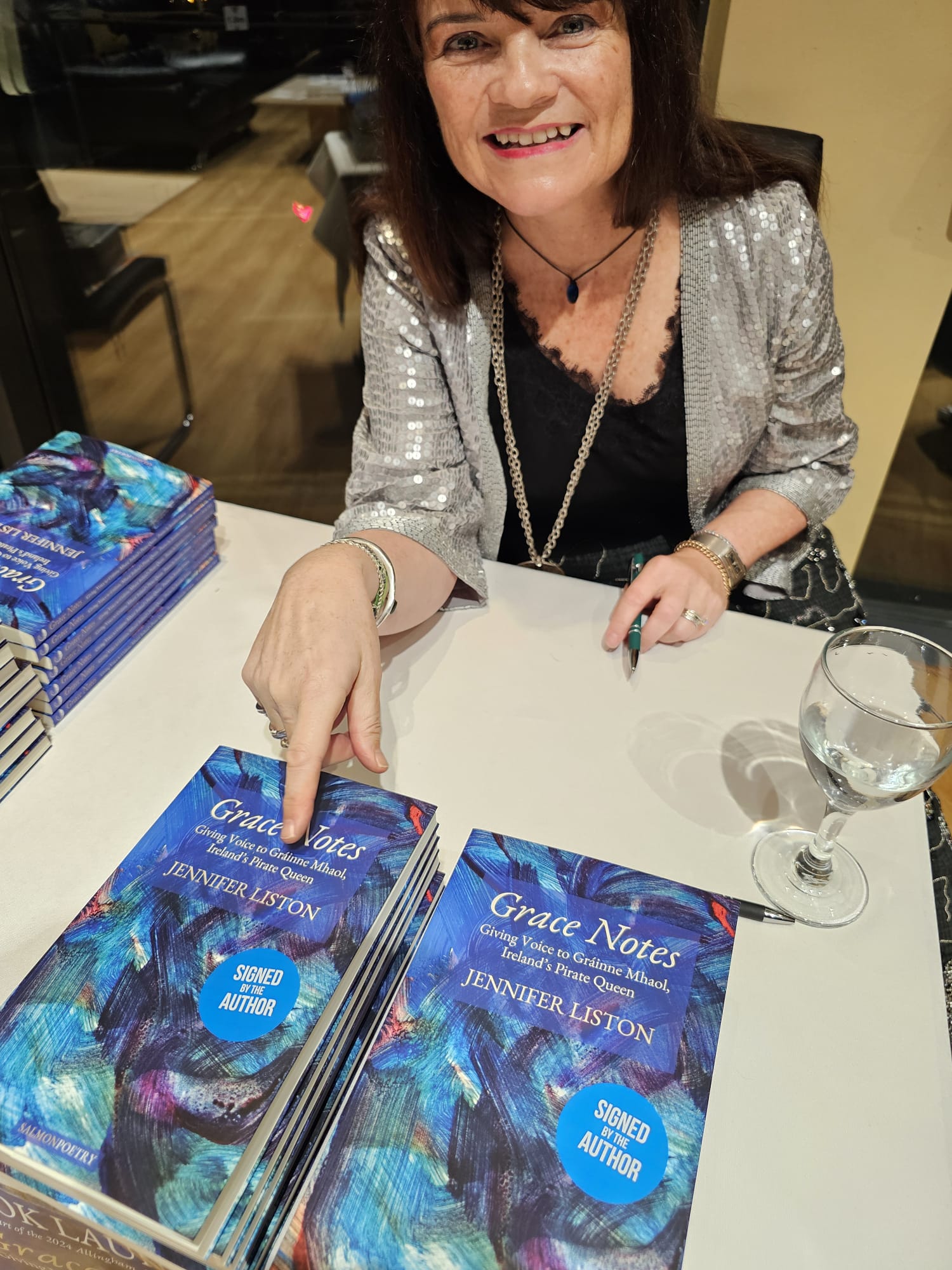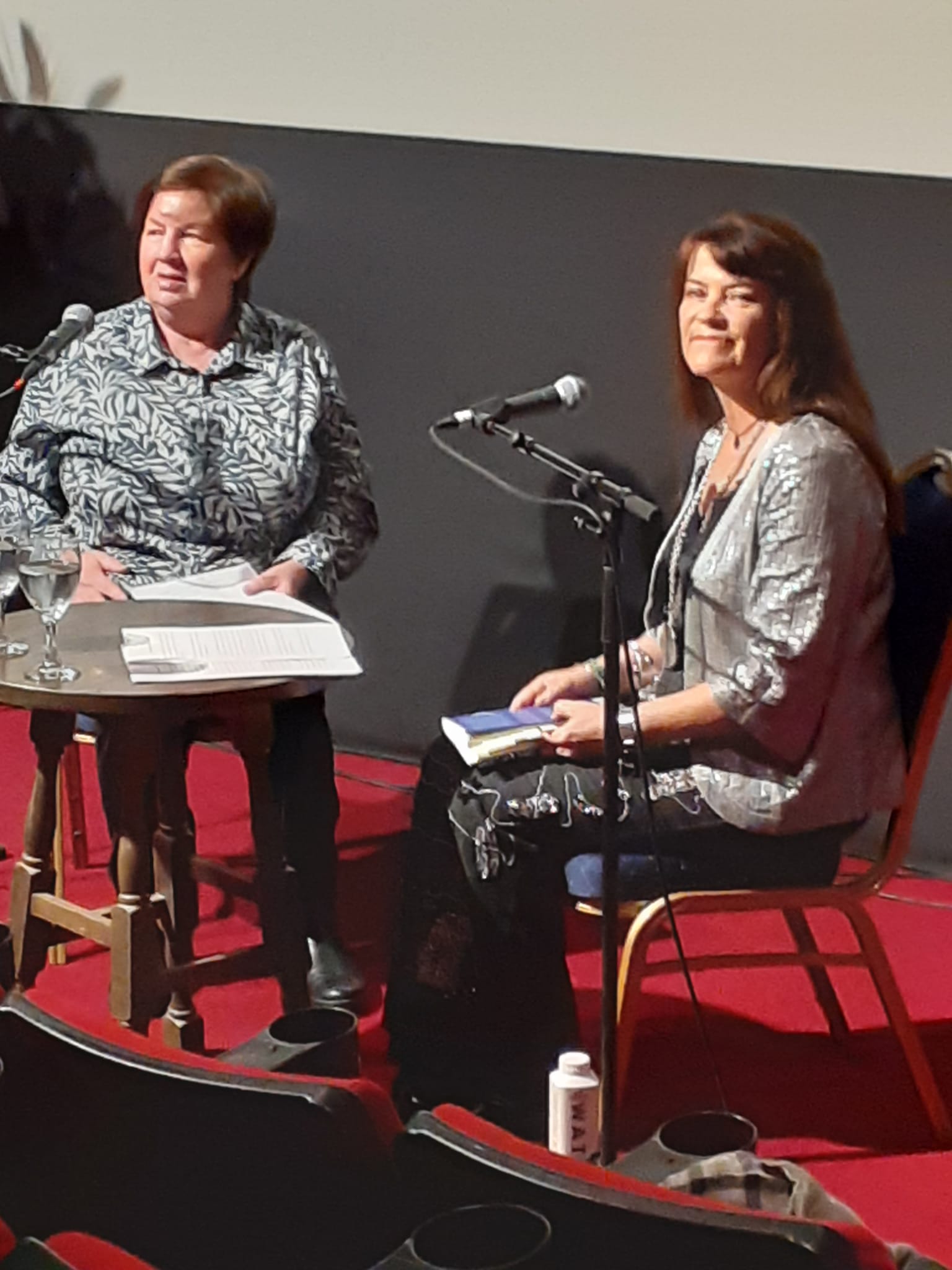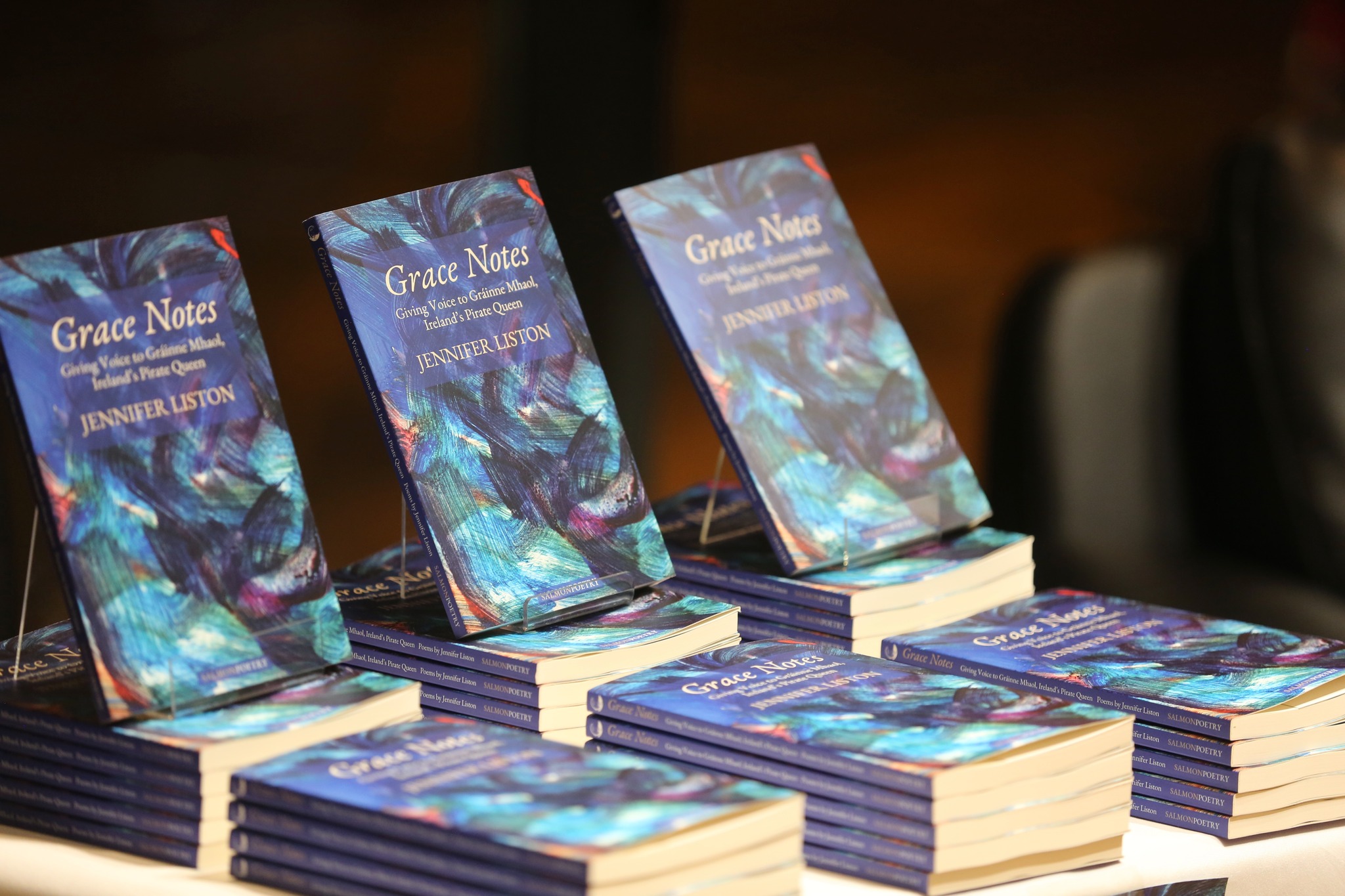When I started to write today's poem I didn't hold out much hope for it at all, which makes the result all the more surprising. Useful pronouns were fairly limited; there was no 'you' or 'your', no 'we', no 'them'. But again, I never know what to expect from the rescue process, and even with all these constraints and challenges, salvage was possible!
As I've said before, I stay true to the words and forms that are in the source text, which is why the poem includes an American spelling of the word 'favourite'.
This little rescuee played out from pages 99 and 147 of
The Devourers and
Marie Tarnowska respectively, both by Annie Vivanti Chartres.
Cello
The tones of her voice were golden with yes
but the glow in her eyes was my favorite;
her hand was a rudder, drawing her to me;
her fingers were rippling cloud.
She played me, boy, red-gold and easy,
she played me, as pure and as fair
as a sheet in the wind
as a thought in the mind,
she played me, boy, red-gold and easy.
She clasped me to her, lightly and eager.
I felt her young solemn shiver.
Her heart dipped into me, over and through me
I purred in the black-gloved silence.
She played me, boy, red-gold and easy,
she played me, as pure and as fair
as a sheet in the wind
as a thought in the mind,
she played me, boy, red-gold and easy.
Posted by Jennifer Liston
